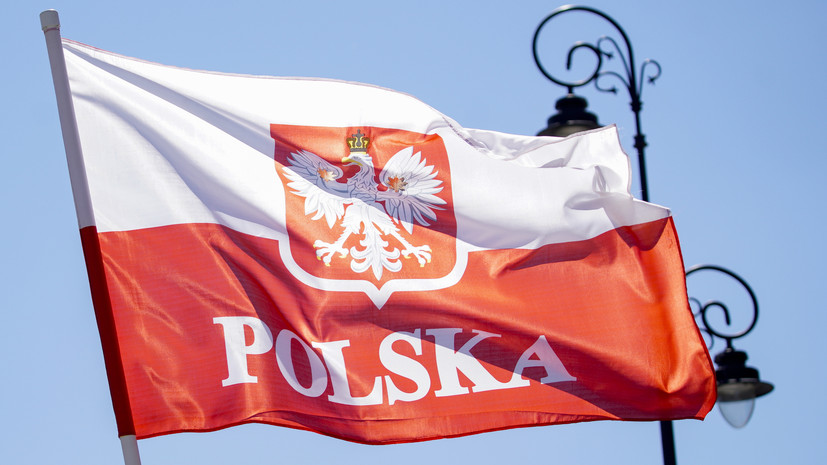“The most serious threat is the neo-imperial policy of the authorities of the Russian Federation, carried out with the help of military force,” the document says.
It notes that “aggression against Georgia”, “annexation of Crimea” and “activities in Eastern Ukraine” violated the principles of international law and undermined the foundations of the European security system.
“The Russian Federation is intensively developing its offensive military capabilities,” the document states.
As noted in the strategy, it should be assumed that Russia “will continue its policy of undermining the existing international order based on international law in order to restore spheres of influence.”
According to the head of the Polish National Security Bureau, Pavel Soloch, a similar approach was adopted as a result of a "detailed analysis of Russia's actions."
“We demonstrate the position that is in the official documents of NATO. We want to conduct a dialogue with Russia, but before that we act in such a way as to show our capabilities in the field of defense and deterrence, ”Tass quoted Solokha.
Earlier, Polish President Duda said he did not consider Russia an enemy of NATO. Following the alliance’s summit, he noted that Russia is a neighbor with which NATO does not always agree, considering some actions unacceptable.
Duda later claimed that Russia is an “aggressor in Ukraine” and has a very aggressive policy.
As Russian leader Vladimir Putin noted, everyone understands that Russia is not going to attack anyone, and the “Russian threat” is a fiction.
Russia has repeatedly emphasized that it is not a party to the Minsk agreements and the intra-Ukrainian conflict and advocates an early resolution of the crisis in Ukraine.
Crimea became the Russian region after a referendum held there in March 2014, in which most residents spoke out for reunification with Russia.

